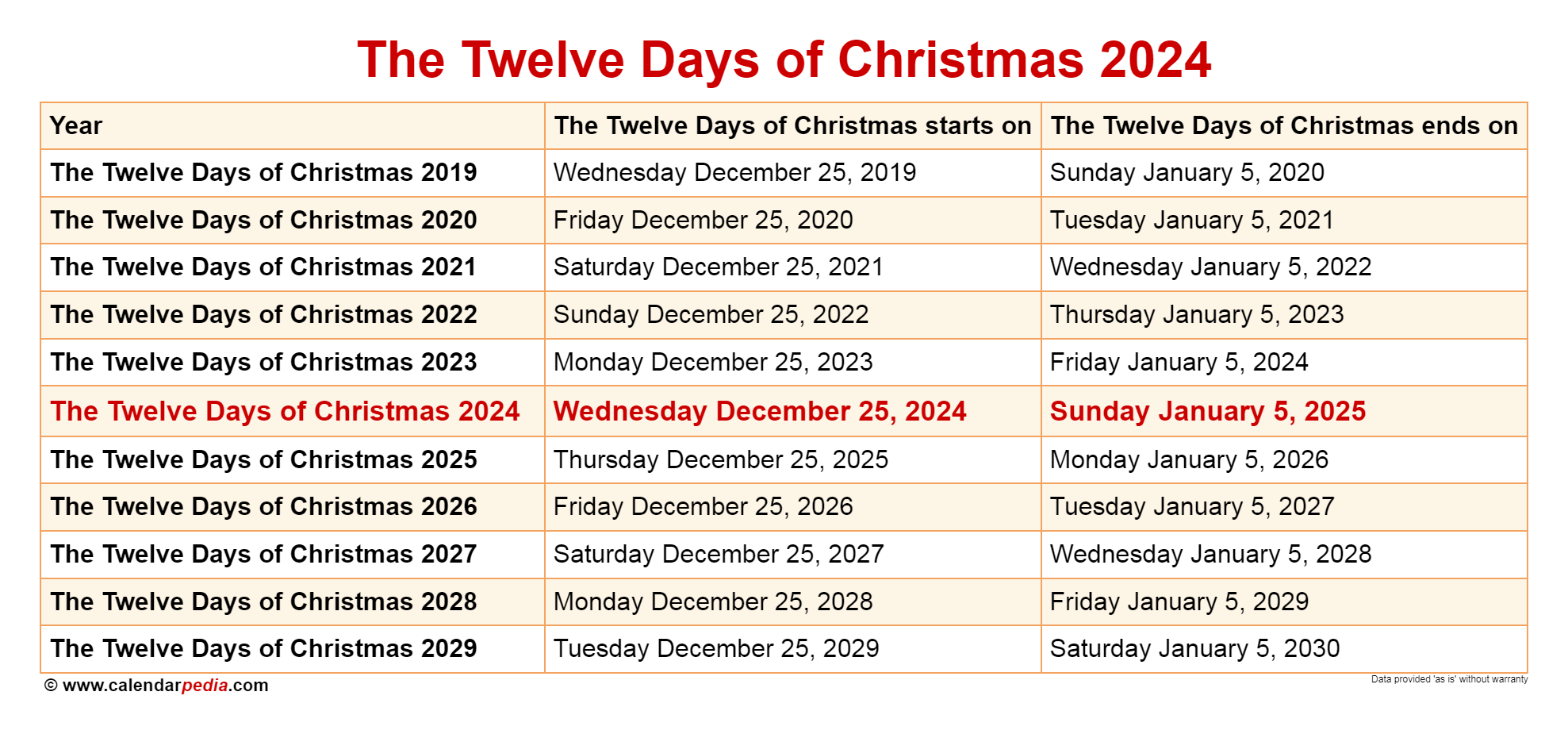
The question "Christmas 2025 is on what day?" might seem to invite a complex calculation or a deep dive into calendrical intricacies. Yet, for anyone familiar with the modern calendar, the primary answer is wonderfully straightforward: Christmas Day, a globally celebrated festival, will, as it always has, fall on December 25th in the year 2025. This date is a fixed point in the Gregorian calendar, a steadfast anchor in the rhythm of our year, providing a consistent landmark for planning, anticipation, and celebration across diverse cultures and communities worldwide. However, the true nuance of the question often lies not in the date itself, but in the specific day of the week upon which December 25th lands, and for 2025, that day will be a Thursday.
The unwavering placement of Christmas on December 25th is a cornerstone of its enduring appeal and its logistical simplicity. Unlike movable feasts such as Easter, which shifts annually based on lunar cycles and equinoxes, Christmas remains constant. This fixed date traces its origins back to early Christian traditions, though the precise historical reasons for its selection are a subject of ongoing scholarly debate. One prevailing theory suggests it was chosen to coincide with existing pagan winter solstice festivals, such as Saturnalia in ancient Rome, allowing for a smoother transition and assimilation of new religious practices within established cultural frameworks. Regardless of its exact historical genesis, the date became firmly established by the 4th century CE and has since been universally observed by most Christian denominations and widely adopted by secular societies as a time for festivity, family, and reflection. This consistency allows for long-term planning, from the global supply chains that prepare for the holiday shopping rush to individual families coordinating travel and gatherings months in advance.
The fact that Christmas Day in 2025 will fall on a Thursday carries significant implications for how the holiday season unfolds for millions. A mid-week Christmas, nestled between Tuesday and Friday, offers a unique set of advantages and challenges compared to a weekend or Monday/Friday placement. For many, a Thursday Christmas means that the preceding Wednesday, Christmas Eve, will likely be a regular workday, potentially leading to a compressed period of preparation. However, it also sets the stage for a potentially extended long weekend for those who can take Friday, December 26th (Boxing Day in many Commonwealth nations), off work. This creates a four-day break stretching from Thursday through Sunday, December 28th, providing ample time for travel, visiting relatives, or simply unwinding after the festive preparations.
The mid-week timing of Christmas 2025 can influence travel patterns. Instead of a single peak on the Friday before Christmas, travel might be spread out, with some opting to travel on the Wednesday evening of Christmas Eve, and others departing on Christmas Day itself or the following Friday. Retail and hospitality sectors will also adjust their operations. While Christmas Day remains a quiet period for most businesses, the surrounding days, particularly the Friday after, are likely to see increased activity as post-Christmas sales begin and people take advantage of the extended break. For families, a Thursday Christmas might mean that the main family gathering or dinner is scheduled for Christmas Day itself, or perhaps shifted to the preceding weekend (December 20th-21st) or the subsequent weekend (December 27th-28th) to accommodate varying work schedules and travel logistics. This flexibility in planning underscores the adaptable nature of modern holiday traditions, which often blend strict adherence to the calendar with practical considerations.
Beyond Christmas Day itself, the broader Christmas season in 2025 will follow its traditional progression, each date holding its own significance. Advent, the period of anticipation and preparation, will commence on Sunday, November 30, 2025, marking the start of the liturgical year for many Christians. This period of reflection and countdown builds steadily towards the crescendo of Christmas Eve, Wednesday, December 24, 2025. Christmas Eve, with its traditions of carols, midnight mass, and the final flurry of preparations, serves as the gateway to the main event.
Following Christmas Day, Boxing Day on Friday, December 26, 2025, takes on particular importance. For many, especially in countries like the United Kingdom, Canada, Australia, and New Zealand, Boxing Day is a public holiday, making it the first day of the potential four-day weekend. It’s a day often associated with visiting friends and family, attending sporting events, or, increasingly, taking advantage of post-Christmas sales. The proximity of Christmas 2025 to the New Year also creates a seamless transition into a longer holiday period for many. New Year’s Eve, Wednesday, December 31, 2025, and New Year’s Day, Thursday, January 1, 2026, will follow shortly after, offering another opportunity for celebration and reflection as the calendar turns. The Christmas season officially concludes for many with Epiphany on Monday, January 6, 2026, marking the arrival of the Three Kings and the end of the "Twelve Days of Christmas." This extended period, anchored by the fixed date of December 25th, allows for a prolonged sense of festivity and community.
The enduring spirit of Christmas transcends its specific date or the day of the week it falls upon. It is a time imbued with a profound sense of anticipation, nostalgia, and goodwill. For billions, it is a period for reconnecting with loved ones, exchanging gifts, sharing festive meals, and participating in cherished traditions. For Christians, it is a solemn and joyous commemoration of the birth of Jesus Christ, a time for spiritual reflection and worship. For many others, it is a secular celebration of winter, family, and community, marked by twinkling lights, festive music, and acts of kindness. The consistent placement of Christmas on December 25th, year after year, provides a comforting rhythm, a reliable marker in the passage of time that allows these diverse expressions of the holiday to flourish.
As 2025 approaches, the knowledge that Christmas will arrive on a Thursday, December 25th, empowers individuals and organizations to plan effectively. For those considering travel, booking flights and accommodation well in advance will be crucial, especially given the potential for an extended weekend. Shoppers can anticipate sales events beginning earlier in December and continuing through the Boxing Day period. Families can begin coordinating schedules for gatherings, deciding whether to celebrate on the actual day, the preceding weekend, or the following one. The predictability of the date allows for this foresight, transforming the simple fact of "December 25th" into a foundation for intricate logistical arrangements and heartwarming personal plans.
In conclusion, the answer to "Christmas 2025 is on what day?" is unequivocally December 25th, a date etched into the very fabric of our global calendar. More specifically, it will grace our calendars on a Thursday, offering a unique blend of mid-week celebration and the potential for an extended festive break. This fixed point in time, steeped in centuries of tradition and universally recognized, continues to serve as a beacon of joy, reflection, and togetherness, eagerly anticipated by millions as the year progresses towards its most cherished holiday. The simplicity of its date belies the profound cultural, social, and personal significance it holds, making Christmas 2025, like all Christmases before it, a truly special occasion.






